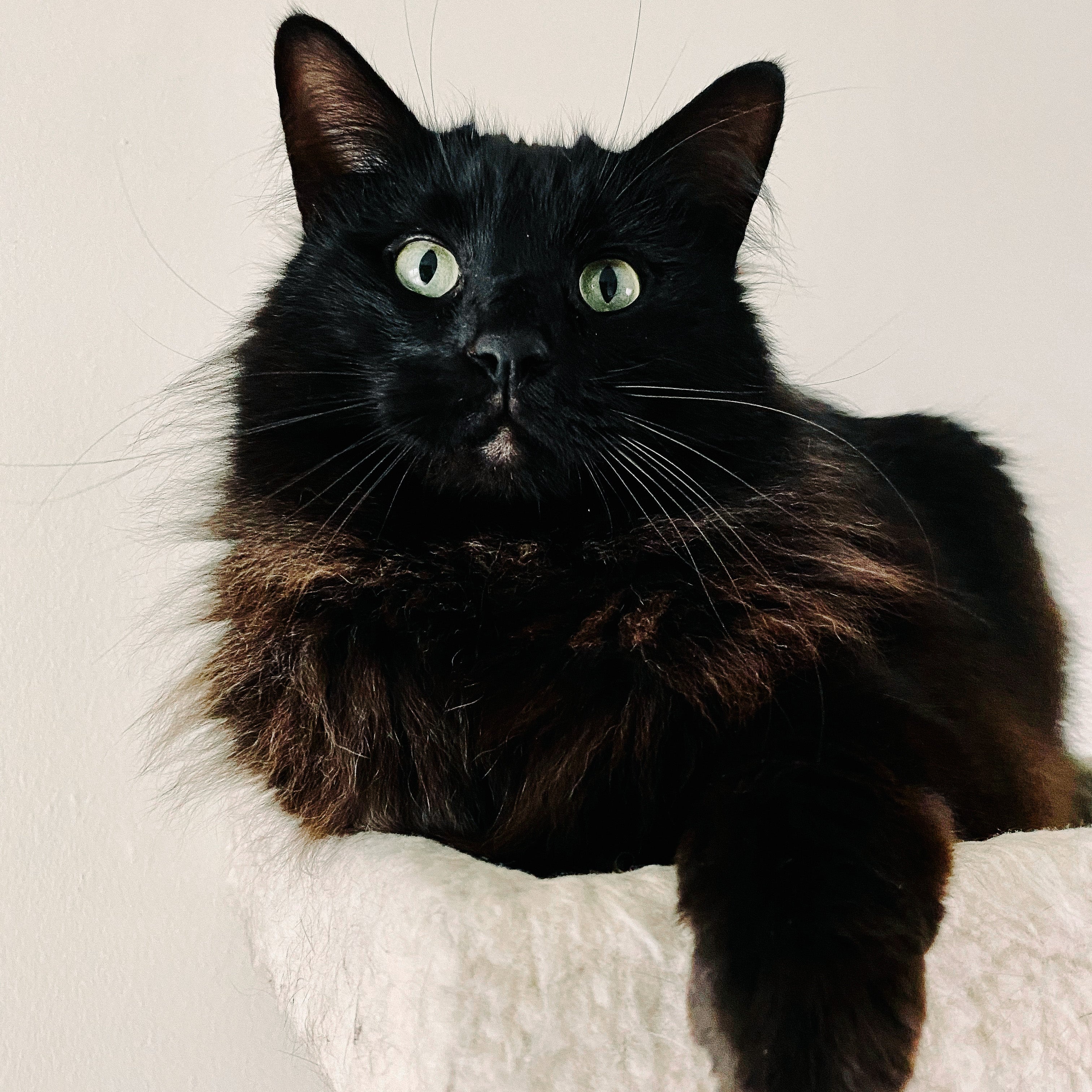
Did you know that one of the oldest and longest-standing superstitions has to do with black cats being unlucky? In fact, people have believed that black cats were bad luck since as far back as the 13th century. That’s almost 800 years of superstition that has transformed black cats from ordinary pets to a real fixture of Halloween culture. But where, exactly, did that rumor come from? And why is it still such a commonly held belief in the twenty-first century?
How Black Cats Got Their Reputation
While it’s difficult to pin down the exact point in history where black cats earned their bad reputation, there have been several events that helped to solidify it. In 1233, Pope George IX equated them to an "incarnation of evil" just as the first witch hunts began to sweep across Europe. And in the Middle Ages, many people believed that witches—and subsequently their cat companions—were to be blamed for illness and misfortune, especially when the Bubonic Plague began to ravage the continent.
And of course, we can’t ignore the connection between woman (or witch) and cat. Like the unmarried, childless, and otherwise ‘strange’ women that society cast as witches and subsequently prosecuted, cats were also known for their fierce independence and treated in a similar fashion.
What no one can figure out exactly, though, is why black cats began to solely carry the blame for bad luck. Some speculate it’s because their dark coat lets them "blend into the shadows" and assume a “spooky” appearance, while others believe that they were regarded with similar distrust as ravens and crows. Whatever the reason, black cats still suffer from this reputation today.
Black Cats Today
Though many of history’s superstitions and fears have been dispelled in this day and age, black cats still face some challenges, primarily when it comes to adoption. In fact, many potential adopters show obvious bias against black cats, so much so that they see a lower adoption rate than cats with other coat colors.
To combat this bias, many shelters host black cat awareness events, especially during the month of October when their spooky reputation begins to precede them once again. These events, which also aim to have black cats adopted into loving (and non-superstitious!) homes, work hard to not only further disprove any lingering rumors about black cats, but also increase their adoption rates!
While the puritans may have been frightened of black cats and their connection to witchcraft, there’s no need for those fears to persist today. Black cats are just like every other cat: fiercely independent, lovable, and the perfect pet.



